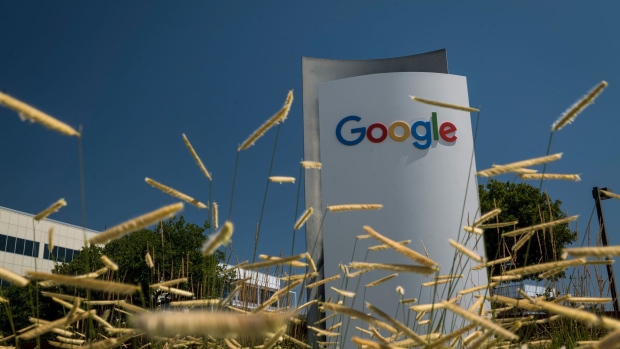Traders may have used as many as 200 online chat rooms to rig foreign exchange rates, far more than previously thought, a lawyer for investors told a London court Monday.
Marie Demetriou, a lawyer for investment funds suing seven banks, said that some of the newly discovered chat rooms were instant message groups that lasted just a few hours while others were “permanent” fixtures established over months.
The chat rooms, as well as emails, telephone calls and WhatsApp messages will play a central role in a suit brought by investment funds. They’re suing banks including Barclays Plc, Citigroup Inc. and JPMorgan Chase & Co over allegations they lost money as a result of illegal manipulation of the FX market.
As a result of the disclosures, the investors are now in the process of re-pleading their case, Demetriou said. They expect that when the remainder of disclosure is given, “further chat rooms and unlawful anticompetitive communications will be identified,” she said.
Citi, JPMorgan and Barclays were among five banks that agreed in 2019 to pay European Union fines totaling 1.07 billion euros (US$1.3 billion) as part of a settlement with the antitrust regulator. Those probes focused on two cartels that traders ran on chat rooms called “Essex Express n’ the Jimmy” and “Three Way Banana Split,” swapping sensitive information and trading plans that allowed them to make informed decisions to buy or sell currencies.
Officials at the banks couldn’t be immediately reached to comment.
The banks face lawsuits in the U.S. and U.K. over traders’ manipulation of benchmark foreign-exchange rates a decade ago. More than a dozen financial institutions have paid about US$11.8 billion in fines and penalties globally in regulatory probes, with another US$2.3 billion spent to compensate customers and investors.
The investment funds include Allianz, PIMCO, Brevan Howard and BlueCrest, and some of the world’s largest pension funds, including the four state pension funds of the Kingdom of Sweden and a Danish pension fund.
A representative for the claimants declined to comment.
The funds engaged in very substantial volumes of FX trading between 2003 and 2013 -- the period covered by the lawsuit -- with more than 2.5 million trades identified to date, Demetriou said.







